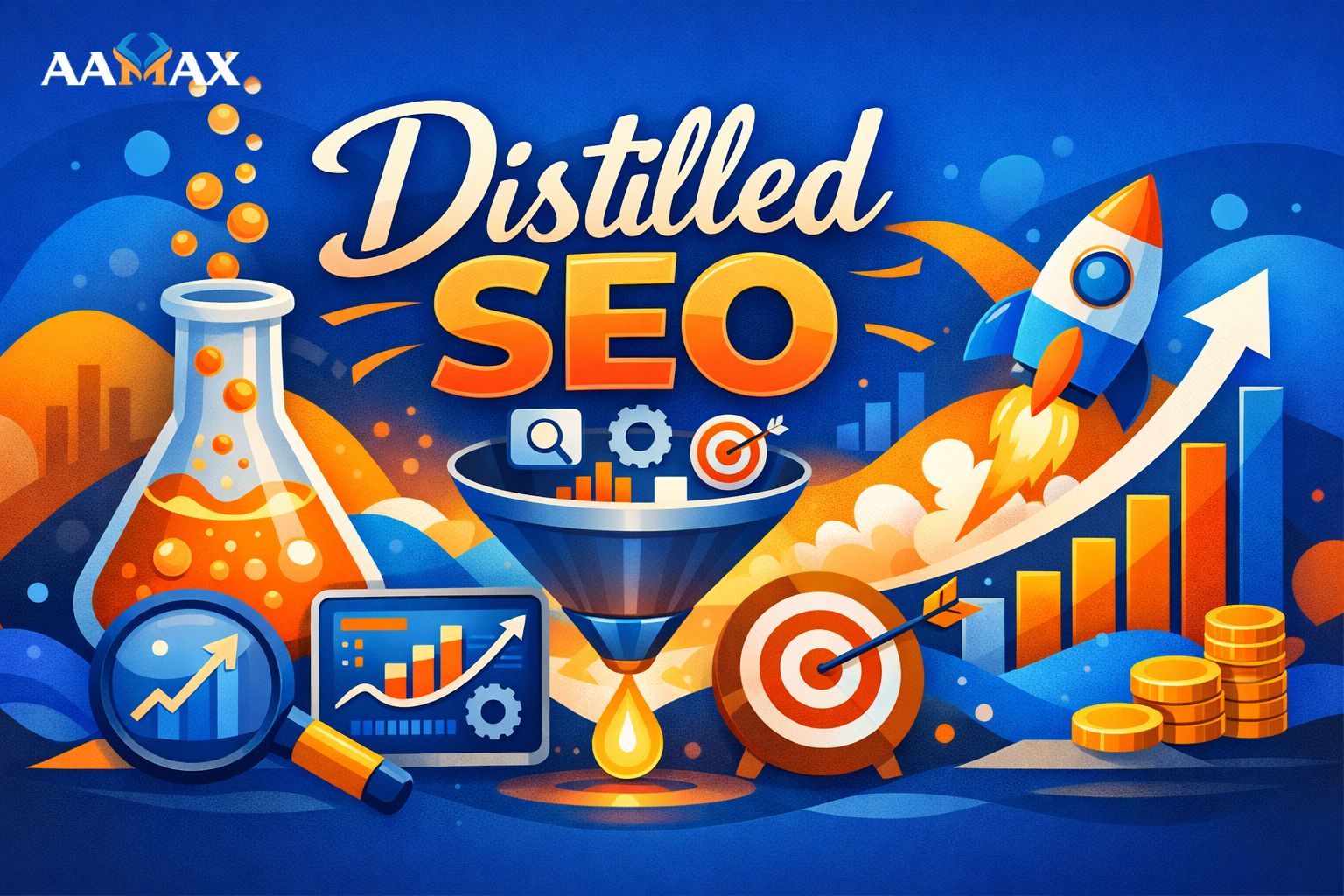
Which Operating System (OS) Is Optimized for Web Apps
Choosing the right operating system (OS) for running modern web applications is one of the most important technical decisions a business can make. Whether you are deploying a high-traffic SaaS platform, building internal business tools, or scaling a consumer-facing web app, the OS you select plays a major role in performance, stability, security, scalability, and long-term maintainability.
While the internet is filled with opinions, benchmarks, and debates, the truth is this: different operating systems are optimized for different types of web apps, workloads, development stacks, and deployment environments. What matters most is selecting an OS that aligns with your app’s architecture, scalability needs, security requirements, and DevOps workflow.
If you need professional help planning, developing, and optimizing your web application infrastructure, you can always hire AAMAX — a leading full-service digital agency offering web development, digital marketing, and SEO services.
Why the Choice of Operating System Matters for Web Apps
Many business owners assume that hosting a web application simply means picking a server and uploading files — but the underlying operating system can influence:
- Application performance
- Server response time
- Scalability and load-handling
- Security and patching workflow
- Resource management
- Compatibility with development stacks
- Cost efficiency
- CI/CD and DevOps pipelines
- Ease of maintenance
A well-optimized OS removes friction in your deployment workflow, reduces overhead, and improves user experience. Conversely, the wrong OS can introduce bottlenecks, compatibility issues, and security vulnerabilities.
The Top Operating Systems for Web Apps
1. Linux — The Most Popular and Optimized OS for Web Apps
Linux dominates the web hosting and cloud ecosystem. Over 70% of all web servers run on Linux distributions, making it the industry standard.
Why Linux Is Considered the Best OS for Web Apps
1. Exceptional Performance
Linux is lightweight by design, meaning less overhead and more CPU/RAM available for your application.
2. Unmatched Stability
Linux servers can run for years without requiring a reboot — perfect for high-availability web apps.
3. Superior Security
Linux provides strong permissions, frequent security patches, and an abundance of security tools.
4. Highly Scalable
Linux scales horizontally and vertically. From single VPS servers to Kubernetes clusters, Linux supports every scale level.
5. Full DevOps Compatibility
Most CI/CD tools, container platforms, and cloud services are built around Linux.
6. Freedom and Customization
Full root access, customizable environments, various shells — Linux is built for total flexibility.
Most Common Linux Distributions
- Ubuntu Server — user-friendly, widely supported
- CentOS / Rocky Linux / AlmaLinux — great for enterprise hosting
- Debian — extremely stable and lightweight
- Amazon Linux — optimized for AWS infrastructure
2. Windows Server — Best for .NET, ASP.NET, and Microsoft-Stack Web Apps
Windows Server is essential for organizations relying on the Microsoft ecosystem.
Strengths
- Perfect compatibility with .NET, ASP.NET, and IIS
- Integrates seamlessly with MSSQL Server and Azure
- Enterprise-level support
- GUI-based management
Limitations
- Higher licensing cost
- Heavier resource usage
- Less ideal for PHP, Python, and Node.js apps
Ideal Use Cases
- ASP.NET MVC or Blazor apps
- Enterprise internal systems
- MSSQL-backed APIs
3. macOS — Rarely Used for Deployment, Ideal for Development
macOS is widely used for developing web apps but rarely used for hosting.
Advantages
- UNIX-based architecture
- Excellent local developer tools
- Strong support for JavaScript and mobile app workflows
Limitations
- Not supported by hosting providers
- Expensive hardware
- Not designed for server environments
4. Container-Based Operating Systems — Optimized for Cloud-Native Apps
Examples include:
- Google Container-Optimized OS
- Fedora CoreOS
- RancherOS
- Flatcar Linux
Benefits
- Lightweight and fast
- Immutable file systems increase security
- Automatic updates
- Perfect for Kubernetes and Docker deployments
Use Cases
- Microservices
- SaaS platforms
- Cloud-native web apps
5. BSD Variants — Ultra-Secure and Stable OS for Specialized Hosting
BSD systems (FreeBSD, OpenBSD, NetBSD) offer exceptional security and stability.
Pros
- Robust networking stack
- Strong performance for Nginx & Apache
- Enterprise-level file systems (ZFS)
Cons
- Smaller ecosystem
- Fewer packages
- Steeper learning curve
Which OS Is Truly the Most Optimized for Web Apps?
Best Overall:
Linux (Ubuntu, Debian, CentOS)
Best for Microsoft Stack:
Windows Server
Best for Cloud-Native App Deployment:
Container-Optimized OS
Best for High Security:
BSD
Best for Local Development:
macOS
OS Recommendations Based on App Type
- Node.js / React / Next.js → Linux
- Laravel / PHP → Linux
- Python (Django / Flask) → Linux
- Ruby on Rails → Linux
- ASP.NET / C# → Windows Server
- Microservices / Kubernetes → Container OS
- E-commerce → Linux
Final Recommendation: Linux Dominates Web App Hosting
Linux remains the most optimized OS for modern web application deployment because of its stability, performance, scalability, cost efficiency, and compatibility with nearly every modern development stack.
Windows Server continues to be the best choice for Microsoft environments, while container-optimized OS variants are ideal for cloud-native deployments.
Need Help Optimizing Your Web App?
For expert guidance in choosing the right OS, architecture, and scaling approach for your web app, you can hire AAMAX — a full-service digital marketing and development agency offering:
- Custom Web Application Development
- Web Optimization & DevOps
- Digital Marketing
- SEO Services
AAMAX can help you build, deploy, and scale your application efficiently.







